Why do so many sleep experts have a problem with the clocks going back?
Sleep experts reveal why they are against the bi-annual clock shift
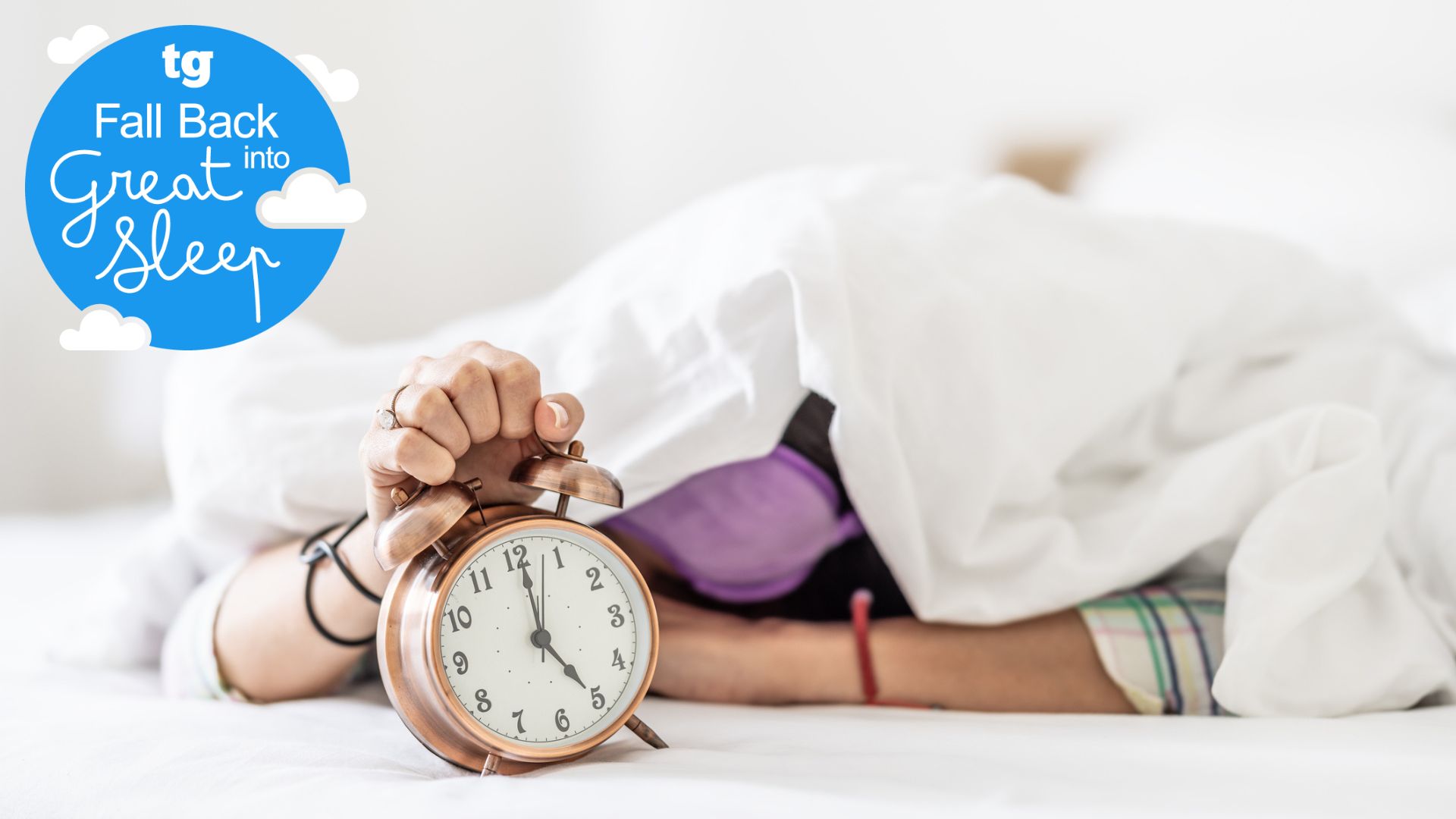
Twice a year, many countries adjust their clocks to make better use of daylight. This practice, known as Daylight Saving Time (DST), means we ‘spring forward’ an hour in March to mark the beginning of Daylight Saving Time and ‘fall back’ an hour in October to return to Standard Time.
It’s that time of year again: the clocks have fallen back by an hour. The change marks the end of Daylight Saving Time and a return to Standard Time, as well as a swap from lighter evenings to brighter mornings as winter approaches.
In the UK and most of Europe, clocks fell back at 2 a.m. on the last Sunday in October, while in the U.S., it happened a week later, in the early hours of this morning (Sunday 2nd November.)
The idea dates back over a century, originally introduced to make better use of daylight and save energy — though plenty of people now question whether it still makes sense.
In fact, the American Academy of Sleep Medicine's position is that Daylight Saving Time should be abolished altogether in favor of permanent Standard Time, because of the negative impacts on health and well-being caused by the bi-annual shift.
For our Fall Back into Great Sleep campaign, we've spoken to a variety of sleep experts to find out why so many are against the clocks changing, and are sharing some tips to help you maintain good sleep
What are experts saying about the clock change?
“Stop chasing the clock entirely”
“Honestly, I’ve never been a fan of Daylight Saving Time,” says Dr. Joseph Mercola, board-certified family physician and Author of Your Guide to Cellular Health.
“Shifting the clocks around twice a year just messes with your body. Our internal rhythms are synced to sunlight, not the numbers on a clock," he adds.
Get instant access to breaking news, the hottest reviews, great deals and helpful tips.
Jumping an hour forward or back leaves people groggy, irritable, and struggling to sleep
Dr. Mercola says that, “jumping an hour forward or back leaves people groggy, irritable, and struggling to sleep. In my view, the simplest solution is to stop chasing the clock entirely,"
He would prefer we go to bed and wake up at roughly the same biological time year-round, soak up morning light, and dim lights at night.
"Follow the sun, not the clock, and your sleep improves naturally," he says.
The experts we spoke to generally had the same view as the American Academy of Sleep Medicine, which is that the negative effects on health and well being are more pronounced in spring when the clocks go forward, but that the shifting twice a year isn't good for us.
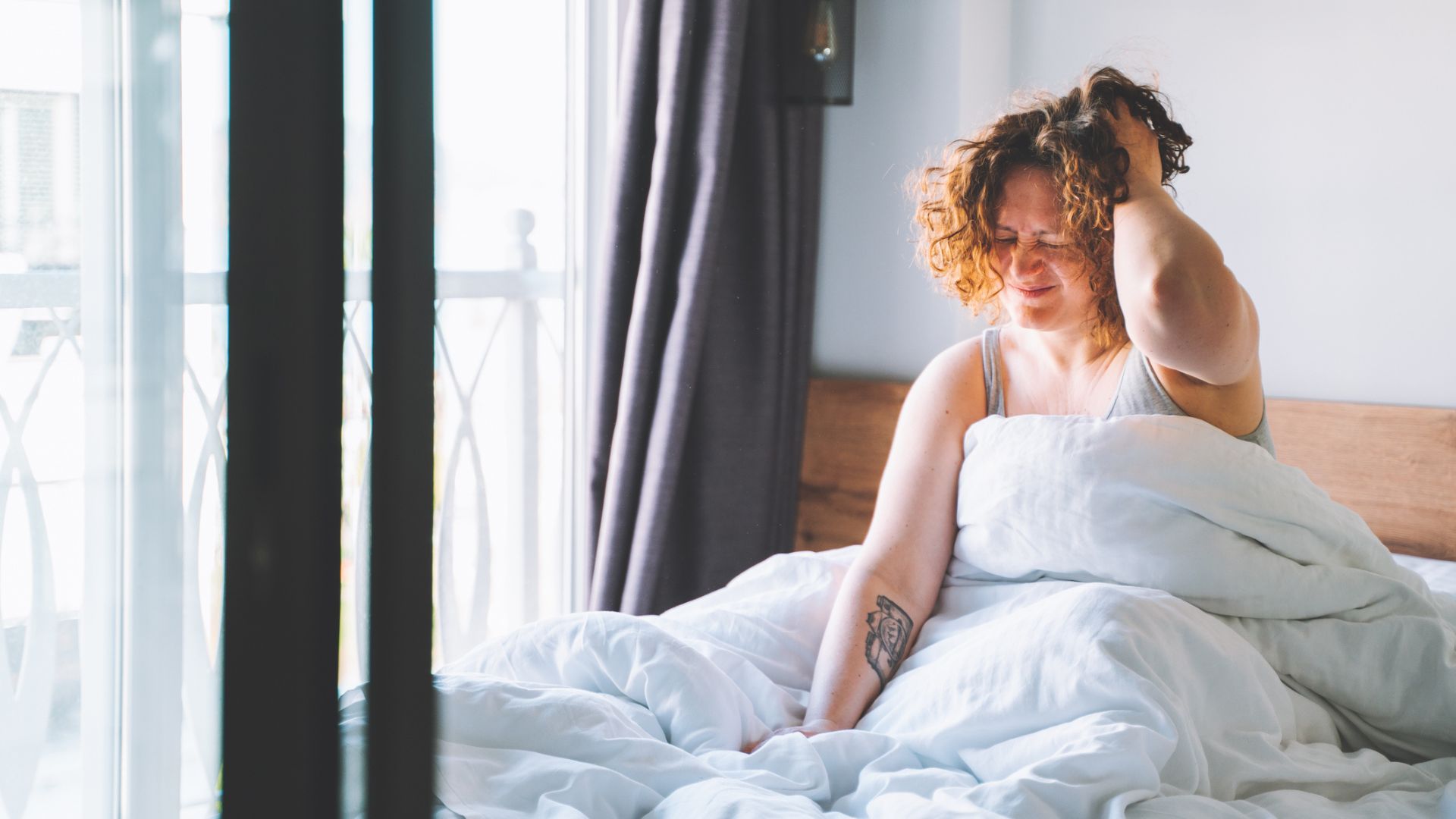
"As a health practitioner, I don’t support Daylight Saving Time"
“Losing an hour of sleep isn’t harmless," says Dr. Neelofer Basaria, a Public Health Practitioner.
Losing an hour of sleep isn’t harmless
"Research shows that inflammation, impaired cognitive performance, and elevated stress hormones like cortisol can be associated with losing an hour of sleep during Daylight Saving Time."
In fact, Dr Basaria says that you this actually leads to "a spike in heart attacks, car accidents, and workplace injuries in the week following the time change."
“Shifting the clock by even one hour can disrupt our circadian rhythm, which is the internal clock that regulates our sleep, hormones, metabolism, and mood. That’s why, as a health practitioner, I don’t support Daylight Saving Time,” she adds.
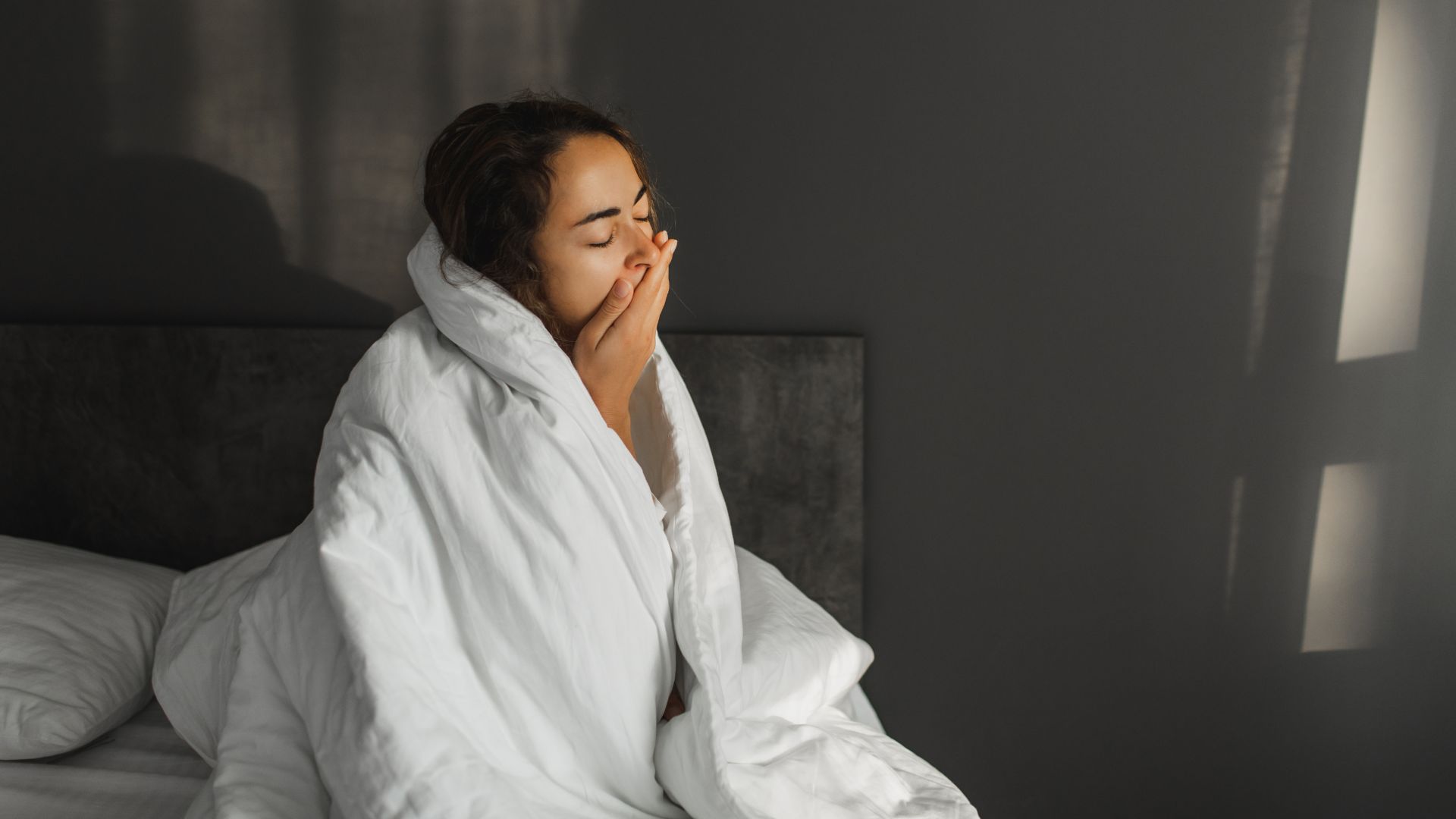
“The effects of sleep deprivation can resemble being under the influence of alcohol”
“When we are sleep deprived, the effects can resemble those of being under the influence of alcohol; our reaction times, judgement, and decision-making abilities are impaired.” says Suzy Reading, chartered member of the British Psychological Society.
While we technically 'gain' an hour of sleep, it can disturb our rest later in the week resulting in lost sleep.
“Global data on daylight savings time shows a 24% increase in heart attacks when we lose an hour of sleep, while gaining an hour results in a 21% reduction in heart attacks," Reading adds.
“It’s becoming increasingly clear that prioritising sleep is crucial for both our mental and physical health, and the research shows how poor sleep can have a massive impact,” concludes Reading.
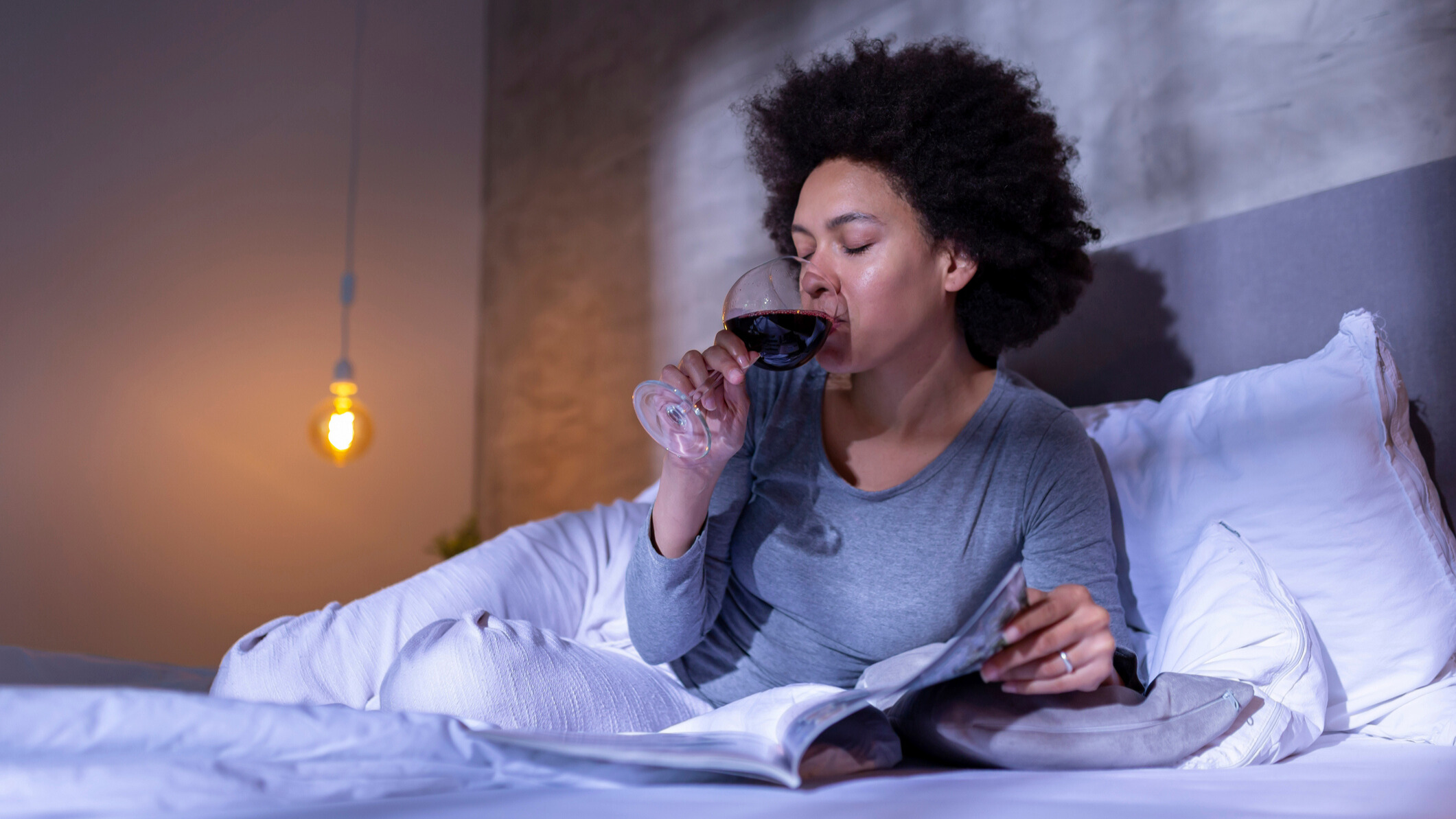
Are the clocks falling back bad for our health?
Switching clocks back may feel harmless, but it can impact our sleep, health and safety.
The American Academy of Sleep Medicine notes that research shows associations between the clocks going back in the fall and issues including sleep disruption, traffic accidents, mood disturbance and patient safety-related incidents.
Even though you ‘gain’ an hour, the sharp shift in light cues can confuse the body’s circadian rhythm, including sleep-wake cycles and metabolic and immune systems.
Experts argue that staying on a consistent Standard Time year-round would be far healthier than flipping the clocks twice a year.
How to get your sleep back on track after the clock change
Stick to a consistent sleep schedule
Your body loves a routine, especially when it comes to sleep. Going to bed and waking up at roughly the same time every day helps keep your circadian rhythm — your internal clock — running smoothly.
When your schedule changes, it can throw that rhythm off, leaving you groggy, unfocused, and craving that third cup of coffee by mid-morning.
Research has even linked inconsistent sleep patterns to an increased risk of cardiovascular disease.
The best fix? Pick a bedtime and wake-up time that work for you, and stick with them, weekends included. Your energy levels (and mornings) will thank you. Check out our guide to how to fix your sleep schedule.
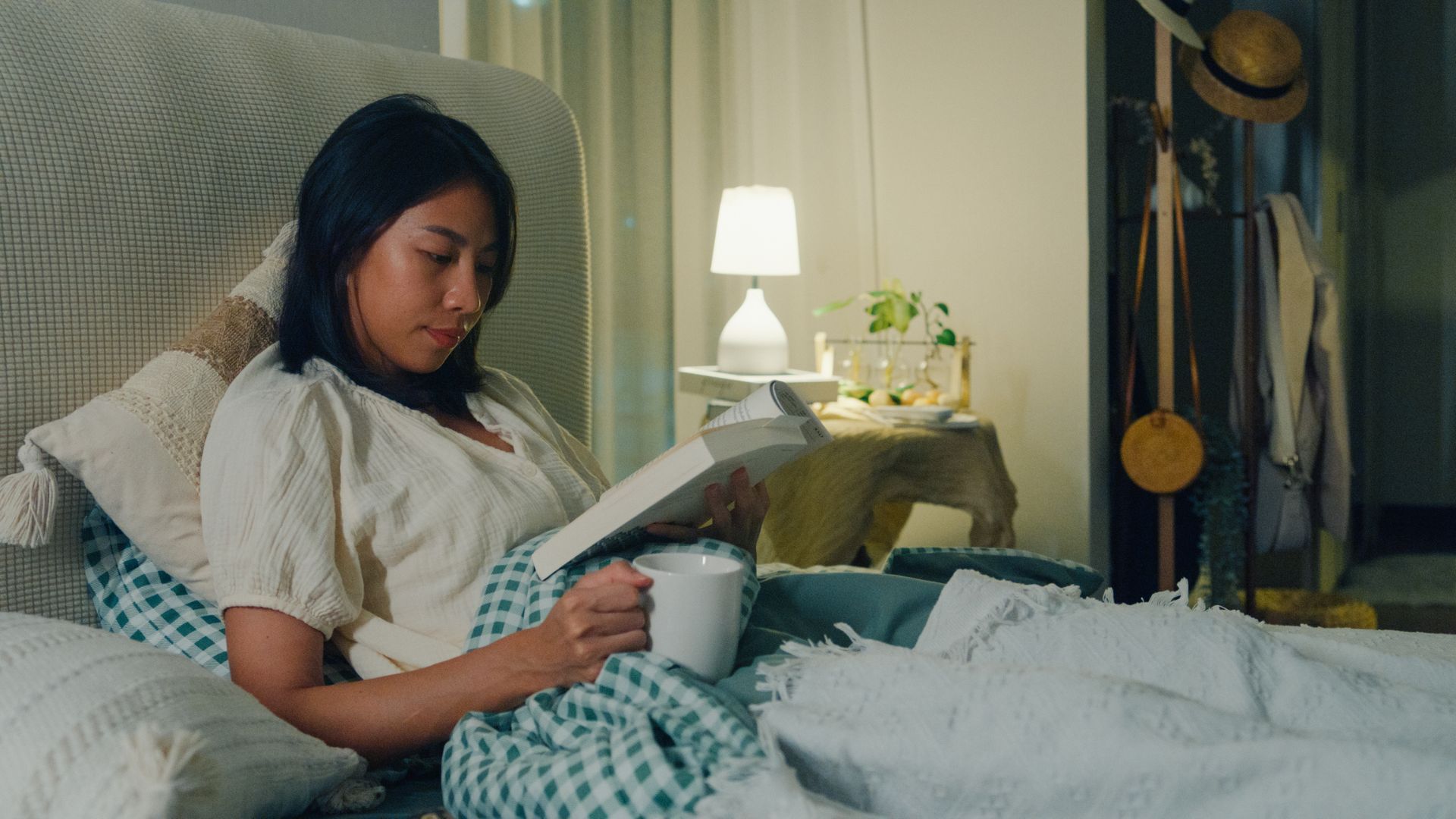
Avoid naps
As tempting as a mid-afternoon snooze might be (especially after a late night or bad sleep), it can actually work against your body’s natural 'sleep drive.'
Your sleep drive builds throughout the day as you use up energy and levels of a chemical you produce called adenosine rise.
The Yale School of Medicine recommends avoiding long naps during the day because "napping will decrease the adenosine levels in your brain which may otherwise help promote sleep at nighttime."
So if you’re trying to hit your best sleep window at night, skip the nap and save that sleep drive for bedtime instead. Just try to avoid too much caffeine to stay awake until bedtime, as it keeps the brain active and blocks the impact of adenosine.
Stopping caffeine 10 hours before sleep, as suggested in the 10-3-2-1-0 sleep method, or from midday can help avoid any impact on your sleep.
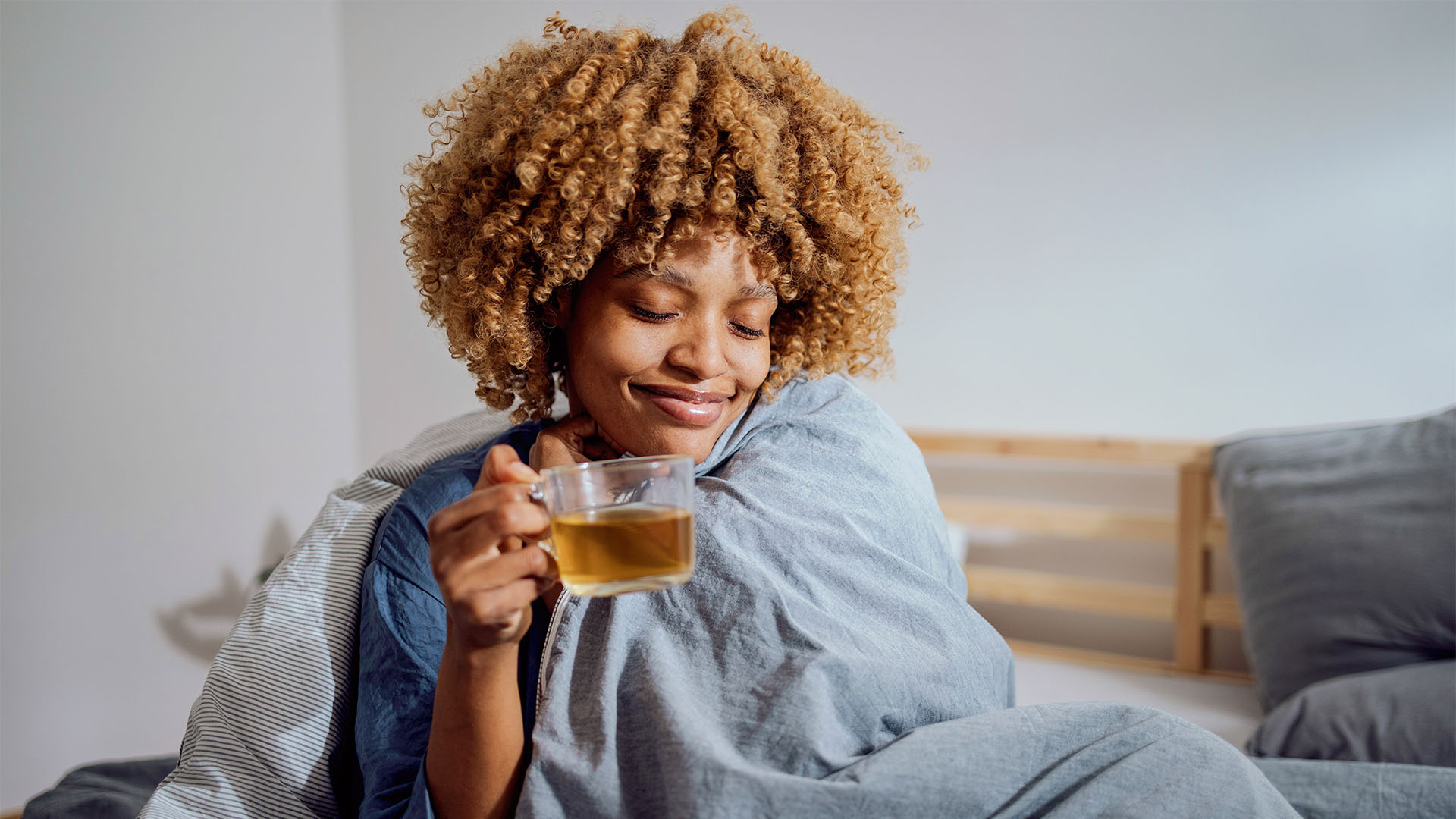
Get plenty of daylight
Getting outside isn’t just about fresh air; it’s a quick (and free) hack for better sleep.
Morning sunlight boosts cortisol and serotonin, which keeps you alert and in a good mood, and suppresses melatonin, to stop you feeling sleepy in the morning. This acts to reset your internal body clock and keep it regulated.
"Try to fix your wake time so that you get out of bed and get 15 to 30 minutes of natural daylight as soon as you wake up. This will optimise your sleep and wakefulness periods and helps you to produce more melatonin at night," Dr Nerina Ramlakhan, a Neurophysiologist and sleep expert at Oak Tree Mobility previously told us.
Even 20–30 minutes outdoors, like a quick walk with your coffee, can make a noticeable difference to how you feel throughout the day and help you drop off more easily when you get into bed.
Louise Ramsay is an experienced writer, regularly covering lifestyle and health articles. She has a masters in multimedia journalism and has recently started writing for Tom's Guide, sharing her expertise in the sleep industry. Louise is interested in the affect of sleep on our overall health and has a keen interest in helping readers improve their sleep, and therefore, their overall wellbeing.
You must confirm your public display name before commenting
Please logout and then login again, you will then be prompted to enter your display name.
 Club Benefits
Club Benefits





